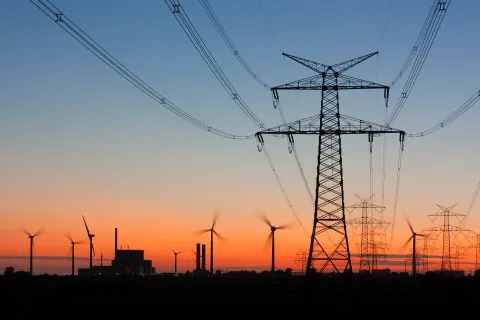
Japan's power grids to see further tech upgrades
It is expected to deploy 80 million smart meters by 2024.
The uptake of grid improvements and technologies in Japan are expected to gradually continue to address a decline in power demand from changing population demographics, cross-regional electricity trading, integration of intermittent renewable power sources, and expansion of distributed energy resources, according to Fitch Solutions
With strong government support, deregulation and general falling costs, investor interests into smart grid technologies in Japan were observed to have risen substantially, with several large-scale projects progressing. The country is expected to have about 80 million smart meters to be deployed by 2024.
These upgrades have taken largely in the form of smart meter rollouts, distributed energy resources (DES) and energy storage technologies, but has also seen multiple pilot programs and developments into other innovations such as Virtual Power Plants (VPPs), blockchain and Vehicle-2-Grid (V2G) technologies.
These are expected to support the intermittent nature of renewables, as it improves power supply/demand management and energy efficiency.
“We stress that the massive deployment of smart meters and other demand response technologies will reduce stress on the grid and generation capacity during peak periods, and smooth out any short term power output fluctuations,” the report stated.
Following typhoons that damaged power grids in the region and causing major power outages in recent months, the government was also noted to have been keen to encourage investment into storage systems, including batteries and electric vehicles.
For instance, METI plans to spend $68m (JPY7.5bn) to promote such purchases, whilst the Ministry of Environment is planning to create a financial aid program that will assist in independent community-based systems incorporating renewable energy, storage system and transmission grids.
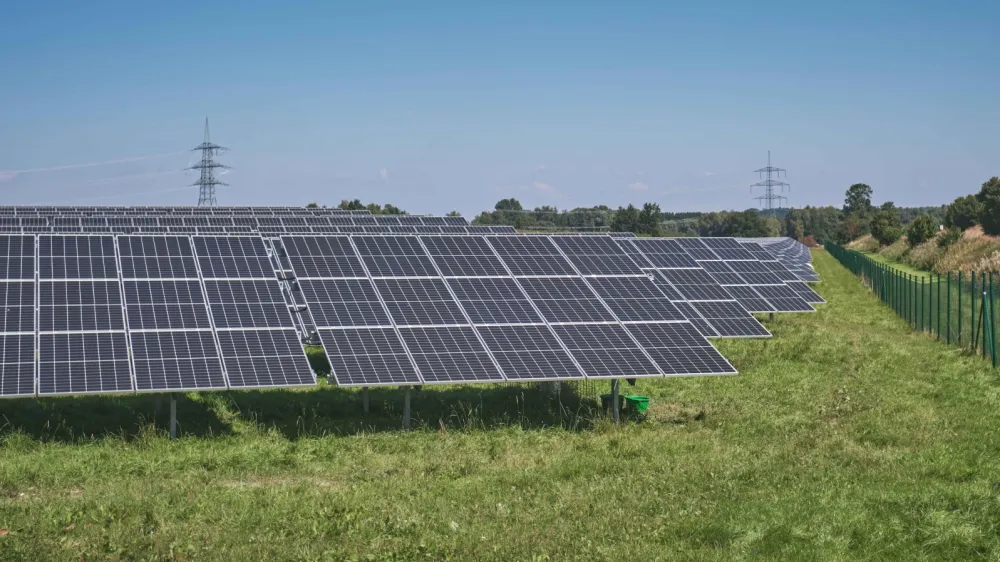

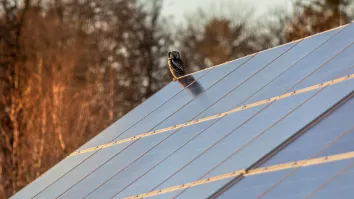
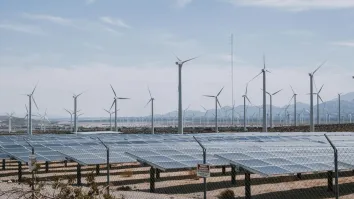
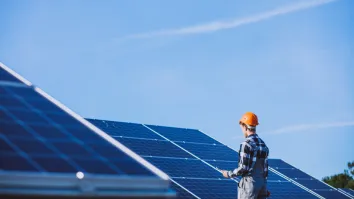
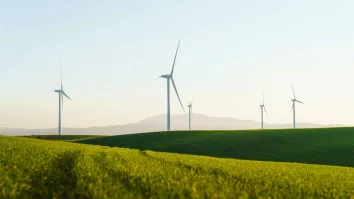













 Advertise
Advertise






